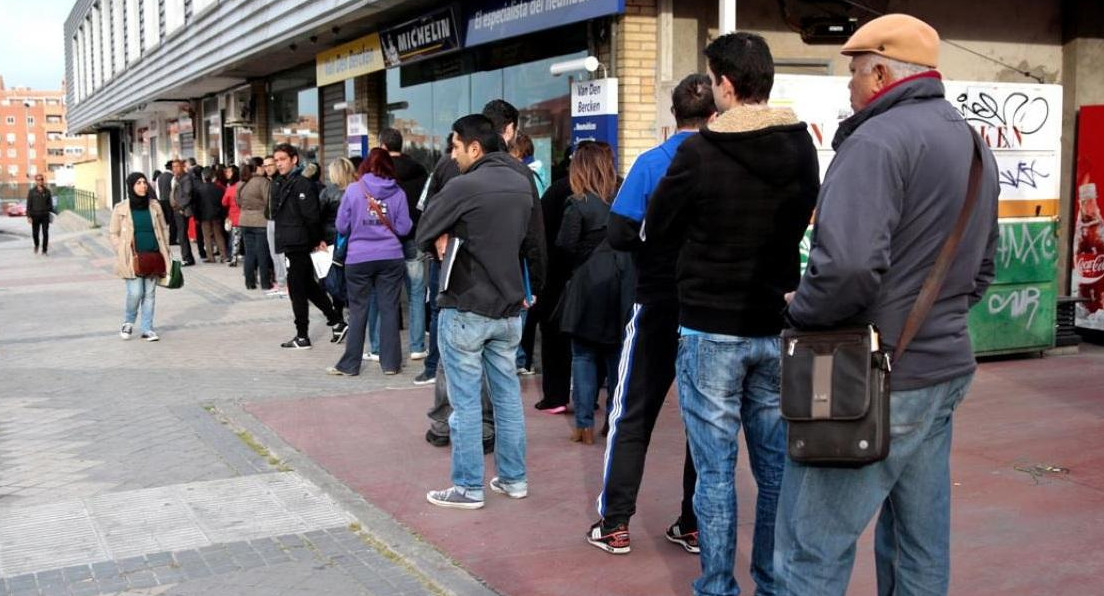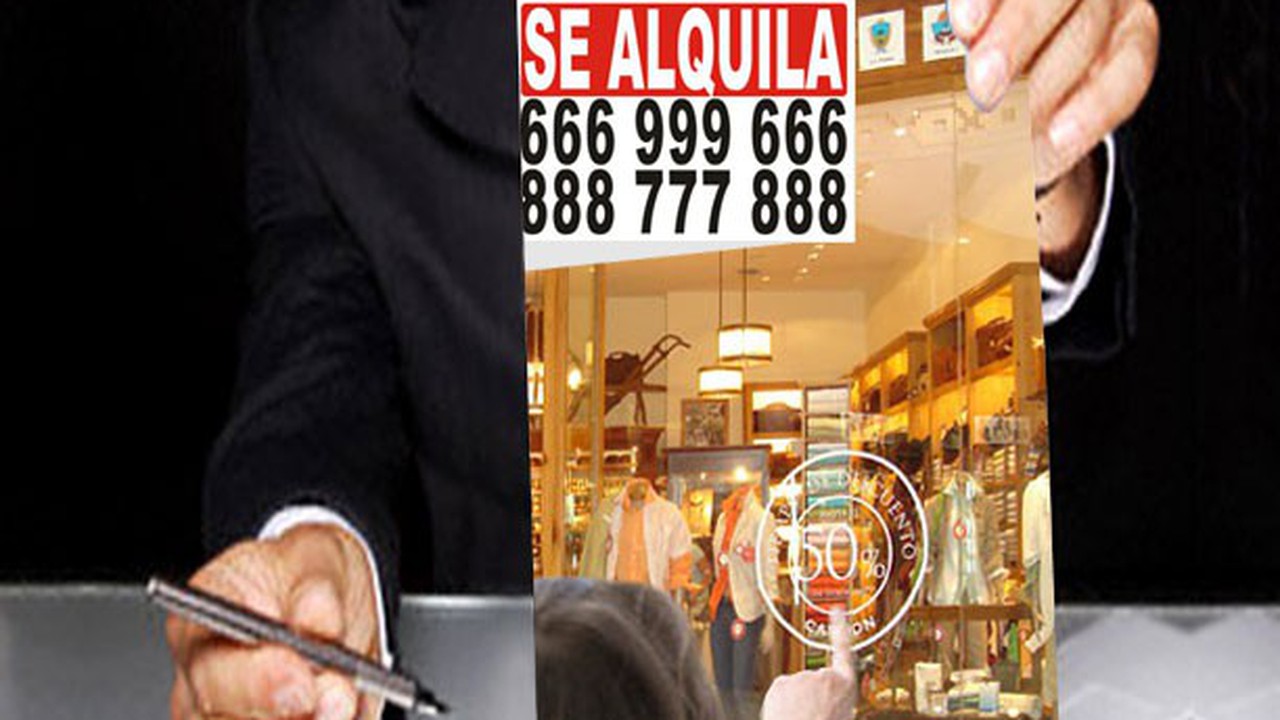Álvaro Santos Pereira, director de la Organización para la Cooperación y el Desarrollo Económicos (OCDE), reclama reformas estructurales para llegar a crecer con desarrollo.

www.diario26.com
In actual fact there are less cashiers due to the economic downturn . Most shops have cut down on staff by nearly 50%
View attachment 5820.
High street shops/main street stores all over the (western) world are closing down at a rate of knots. This is the modern world. Argentina was always going to suffer more though because of the greater inefficiency and corruption etc.
These are small mum and pop business that has been the lifeblood of Argentina . In many neighbourhoods now it is very hard to see laundries or dry cleaning shops due to the high costs to maintain these businesses. Costs in US dollars to maintain a business are three times higher than 2003 this is the reason . I came to Buenos Aires in 2003 and while there were many apartments for sale there were few shops vacant . Calle Florida had nearly 100% occupancy rate nowadays it is lucky to have 75% . Calle Fitzoy in Palermo Hollywood just 5 years ago was absolutely packed with people . Now its a sad sight with nearly 50% of its locales closed and restaurants raking in little ( except a few famous ones) . The costs to maintain business has become unviable . For example the famous Janio cafe on Malabia and Armenia is asking 295,000 pesos to rent . Add on outrageous costs of services , very high costs of food ( with huge wastage ) wages, maintenance . I suspect little change from 1 million pesos per month or over US$ 23,000 . I know the ex owner of this cafe and in 2003 the costs to run this business were less than US$ 5,000 per month . Electricity, gas, water, and food is now equal if not dearer than European prices and if you calculate that peoples wa minimum wage is less than US$ 300 per month how much consumption can you achieve ? People when going to cafes these days spend the minimum a cafe , a medialuna , maybe a milanesa . How many people do you need to serve a day in a cafe like Janio just to break even . Smaller cafes and restaurants have less costs but still US$ 10,000 per month base price is the norm . For a country that has a weak currency to run a small business nowadays the costs must be low . Unfortunately due to the increase of over 1000% of services in just a few years and hyperinflation , I am surprised that there are hardly any shops open in Palermo Soho . The only restaurants doing well are Don Julio. La Cabrera , Los Pizarros . Crizia and a few others They own their own spaces ( do not pay rent) and they are serve exceptional food to a upmarket clientele . Don Julio has been rated number one in Argentina for its food so will have lines outside to get in ( 90% tourists ) as most locals cannot afford to pay 2,000 pesos minimum to eat there . The only new business opening up are hamburger joints and small beer joints. Costs are lower to run these business but even then its a very tough business .
The current goverment policies of implementing outrageous prices for basic services has been one of the main drivers of hiperinflation that we now see in Argentina . You cannot increase costs in a few years over 1000% and then expect this to have a good outcome . Imagine in the USA the uproar if your gas or electric bill went from 50 dollars a month to 500 dollars a month . There would be a social revolution . In Argentina peoples bills have gone up over 5 times in dollars in the last 4 years . This has devastated peoples and especially small business owners livelihoods. Those who say that this was a good policy of Macri to make all Argentinians pay international prices for services this is a mute argument as we do not earn international wages . The minimum wage in Argentina is US$ 300 a month . In Australia its nearly 7 times more and the cost of electricity, gas , and water is not much more expensive than here ( double perhaps. ) I know many people who recieved electric bills of 5000 pesos a month for residential properties . Many restaurants have bills over 30000 pesos per month . Look at this link below and see how expensive it is to run a business in Buenos Aires today due to hyperinflation . To make a business run your rental should not exceed more than 15% of your earnings . This is not the case for most people today where rentals in some neighbourhoods like, Palermo , Recoleta, Las Canitas are close to 50% of potential earnings .
El sueño del "local propio": cuánto se paga de alquiler y qué tipo de "papelerío" debe presentarse

www.iprofesional.com
I believe that the last 4 years will go down in Argentinian history as a testcase on how not to manage an economy. To destroy the lifeforce of society who are small and medium size business owners implicates a huge and negative effect on the economy . Imagine how much tax the government is losing due to unemployment and underemployment ( a very serious problem) .
Who ever wins in December 2019 will inherit a terrible burden of debt ( still waiting for a member to explain where it was spent) . Many people are leaving Argentina for greener pastures overseas . Its a very hard decision to make for most as Argentina is a beautiful unique country but how much financial pressure can one take before reaching breaking point .




www.diario26.com

www.diario26.com

